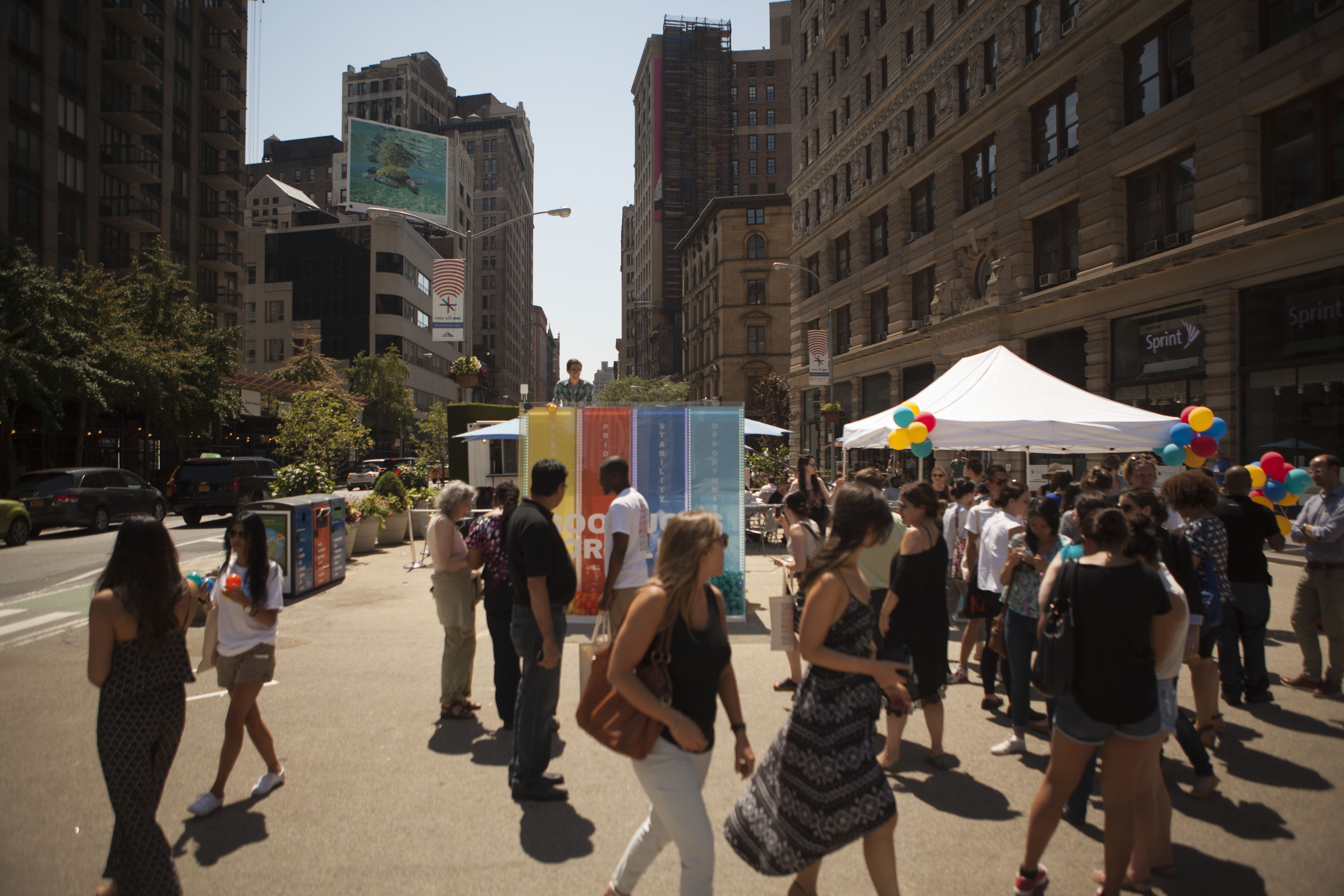A version of this post was originally published on LinkedIn.
The strength of our economy depends on jobs, but strong families depend on good jobs. What’s the difference? And how can Americans know if the job that they have is a good job?
In a recent study involving six focus groups in cities across the country, and 3,000 online and 1,000 telephone survey respondents, The Rockefeller Foundation and our partner Purpose, found that one in five respondents lack basic benefits like health insurance, dental and vision care, paid vacation, paid sick leave, or paid paternal leave.
With 83 percent of Americans saying that their employment impacts their overall well-being, we believe that they deserve more than the bare minimum—they deserve the chance to define what a good job means to them.
Take Dewetta Logan, owner of Smart Beginnings Early Learning Center, a daycare serving families in the low-income neighborhood of West Philadelphia. Dewetta found out the power of a good job firsthand after she got frustrated that she couldn’t retain talented staff members. Eventually, she began to offer her staff paid leave—with amazing results for retention and satisfaction.
But not every company is like Dewetta’s. In order to facilitate more dialogue around this subject, and invite more voices into the conversation, The Rockefeller Foundation launches today a national campaign called Workshift: Good Jobs for All.
“We’re embarking on an effort that’s led by the workers themselves to change how Americans think and talk about work, with the goal of creating an opportunity for workers, communities, employers, and policymakers to join together to make good jobs a reality.”
Workshift builds on past work we’ve done in the areas of youth employment, green jobs, and other efforts to building a more inclusive economy here in the United States and around the world.
But it’s different because it is the first time we’re embarking on an effort that is led by the workers themselves to change how Americans think and talk about work, with the goal of creating an opportunity for workers, communities, employers, and policymakers to join together to make good jobs a reality. The better we understand how a good job is as defined by American workers themselves, not the corporate leaders and policymakers, the better employers who want to support good jobs will be able to do so—and the fewer excuses other companies will have to not.
We unveiled Workshift with an interactive installation in New York City, asking people to tell us what a good job means to them. In the weeks leading up to Labor Day 2015, we’re taking this show on the road to Des Moines and Miami while engaging more Americans through a variety of media, online spaces and social media experiences. Through this multimedia approach, we hope to reach new audiences where they are to help create a renewed vision for American jobs that serve all kinds of American workers.
We invite you to join the discussion. Hop on Twitter or Facebook and answer the question “What is a good job?” and tag your answers with #GoodJobsForAll.
Together, we can create a new narrative—a better narrative—about work in this country, and set the stage to ensure all Americans have jobs that work for them.
Join the Labor Day Thunderclap:




Leave a comment